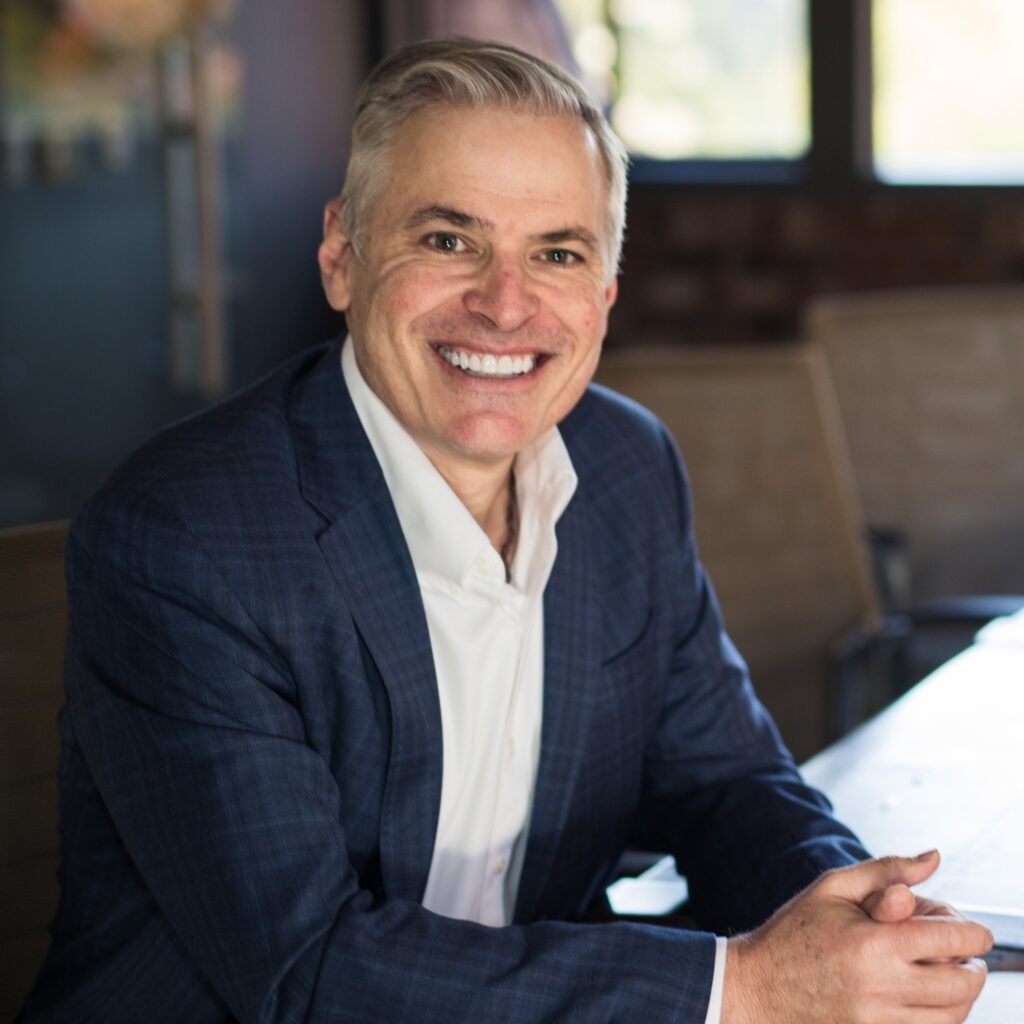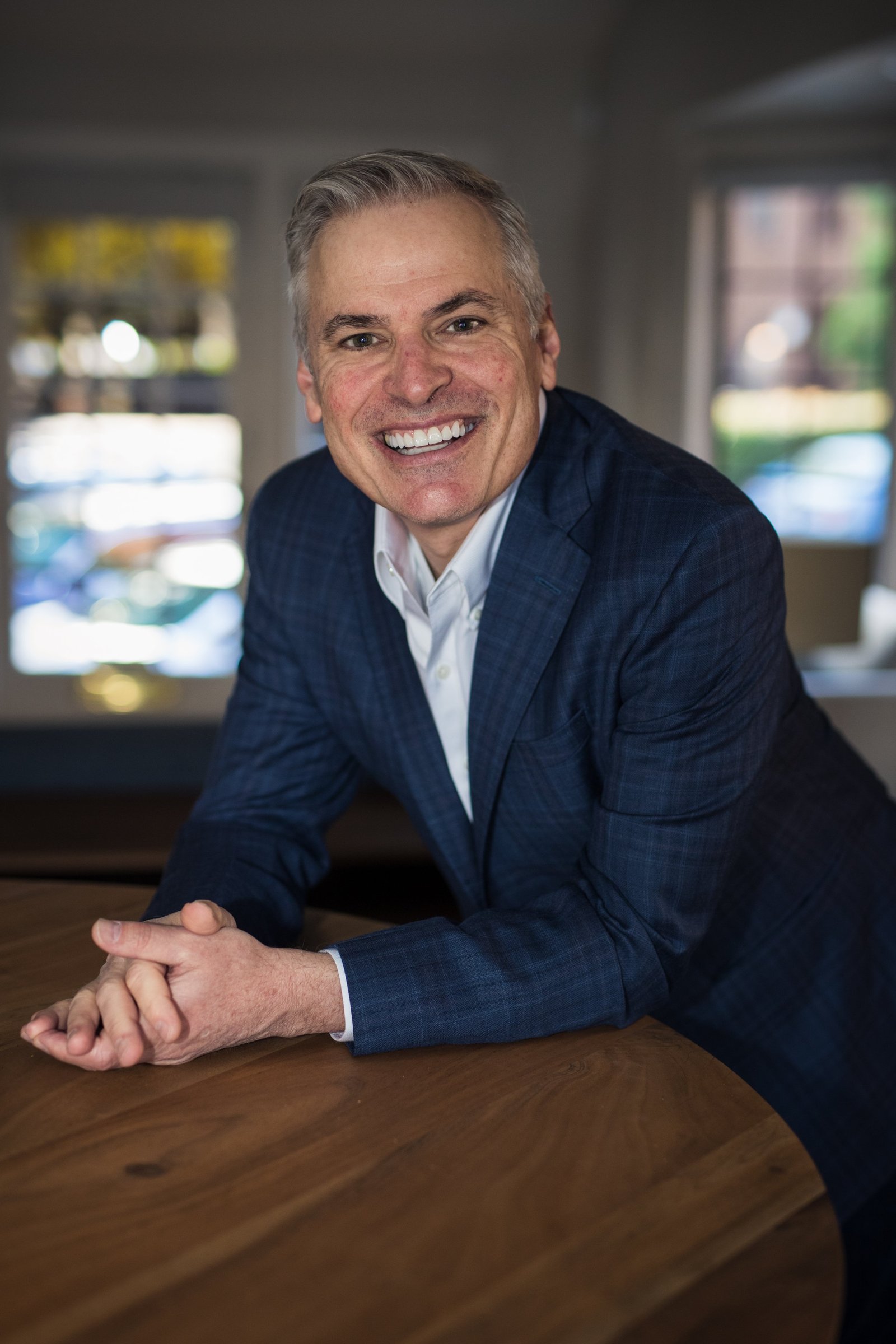I recently went one on one with New York Times bestselling author Patrick Lencioni. Patrick is the author of 12 books, which have sold over 7 million copies and been translated into more than 30 languages, including his newest book The 6 Types of Working Genius.
Adam: Thanks again for taking the time to share your advice. First things first, though, I am sure readers would love to learn more about you. How did you get here? What experiences, failures, setbacks or challenges have been most instrumental to your growth?
Pat: My interest in the world of jobs began when I was just a kid, probably 8 or 9. I remember my dad coming home from work and sometimes being frustrated, and I didn’t like that. Then I had my own early jobs during my youth, and developed something of a fascination with the idea of work and careers, often because I began to understand how work was seen as drudgery. So, I decided that I needed to someday find a job that I enjoyed.
Fast forward to my first job out of college. I had landed the most prestigious, coveted, and high-paying job available for graduates, and yet I struggled and was miserable. My self-esteem and confidence plummeted, and I decided I must be lazy or not smart enough to be successful. It took me years to recover from that.
Two years ago, more than thirty years later, I finally figured out why I struggled in that job. I also realized why some days I love my work and succeed in it, and why on other days I dread what I’m doing and struggle. Helping people make work more fulfilling, for themselves, their colleagues and their teams has become a big part of my life. The struggles I experienced during my career allowed me to develop insights into all that, and so I am thankful for it all.
Adam: What do you hope readers take away from your new book?
Pat: I hope that readers come to the realization that each of us has a few God-given talents that we are meant to use in our work. I want them to know that work is not meant to be miserable, and if they are miserable, they can find real and practical relief.
It is a serious tragedy that people spend years doing work that robs them of joy, energy and fulfillment, thinking all along that it’s just the nature of work. It’s not. And because work is a team sport, I want people to realize that they can help themselves and their teams become more productive and fulfilled at the same time. Those concepts go together. More engaged, joyful, energized people accomplish more for their customers, their organizations and themselves. And it’s all entirely doable, in a ridiculously short period of time. It begins by understanding our own, and our teammates working geniuses.
Adam: What are the six types of working genius? How can anyone understand what type they are and why is it important?
Pat: There are six different skills or activities, which I call geniuses, that are necessary in any type of endeavor. The wonderful problem is that no one has all six. In fact, of those six, only two are our areas of genius, where we get joy and satisfaction and find ourselves naturally talented. Two of them are actually areas of frustration, where we lose energy and joy and struggle to be successful. The last two are in between, areas where we perform fairly well, but where we don’t get energized or fulfilled. But if we don’t know which are our geniuses, and which are frustrations, we can’t become the engaged, successful, joyful people we are meant to be.
The Six Types of Working Genius are the following. The first is Wonder, the ability to ponder, question and observe the environment. The second is Invention, the talent for coming up with new ideas, seemingly out of nowhere. The third is Discernment, the ability to use instinct, intuition and integrative thinking to evaluate and assess ideas and situations. The fourth is Galvanizing, the capacity for motivating, inspiring and rallying people around a given task or idea. Fifth is Enablement, which is the natural ability to support or assist others, on their terms, around a given project or activity. The sixth and final genius is Tenacity, the ability and natural desire to complete projects or tasks and overcome any obstacles that stand in the way.
Adam: What do you believe are the defining qualities of an effective leader?
Pat: There are many ways to lead, but I think there are a few qualities that required for those who want to become effective, strong leaders.
The first critical quality is drive, the desire to accomplish a mission or achieve a goal. I find this to be fairly common among people who want to be leaders. The next two are less common, and create real problems for leaders and the people they lead.
The second quality is self-awareness. Leaders must know their strengths, and their weaknesses, and surround themselves with people who are better than they are in their areas of weakness.
The third is most important, and without it, the first two won’t matter. It is humility. Great leaders must know that the only good motivation for leading is to fulfill a responsibility to others, and that is the antithesis of serving themselves. They must overcome the temptations of power, fame, money or even day-to-day self-satisfaction, and embrace the reality that their role is to do what is necessary to best serve the people they lead. Without this kind of humility, leaders end up serving themselves rather than the people they are meant to be leading.
That doesn’t mean that being a leader is misery. Not at all. But it is hard, and it is demanding, and it is often lonely. And if a person goes into a position of leadership and doesn’t realize all that, it’s going to be a jarring and unhappy experience. I want people to know that. I want us to stop using the term “servant leadership” because it implies that there is another kind of leadership, that this is an option. The only kind of leadership is servant leadership.
Adam: How can leaders and aspiring leaders take their leadership skills to the next level?
Pat: I believe that there are two critical ways that leaders, and those who aspire to be leaders, can move the dial on their ability to lead well. First, they need to know and embrace their true gifts. To deny one’s areas of genius is not humility; it is actually a violation of it. Along with that, they must know and embrace their deficiencies and be open about them such that others can call them out and help them get better.
Second, I’ve recently come to the conclusion that leaders need to identify and begin addressing whatever wounds they carry with them, so that those wounds don’t get in the way of having integrity, courage and selflessness with others. So often we have wounds, most of which were developed early in our lives, and we aren’t even aware of them. In fact, we often use them to motivate ourselves, and the eventually come to bite us. By identifying, exploring, and beginning the process of healing, perhaps more than anything else, we become better leaders.
Adam: What are your three best tips applicable to entrepreneurs, executives and civic leaders?
Pat: Three tips for entrepreneurs, executives and civic leaders.
Know what you believe and be humbly, joyfully unapologetic about it.
Focus on others more than yourself. You need them and they need to know that you value them.
Don’t let your identity become usurped by your work. You are more than your job or your career.
Adam: What is your best advice on building, leading and managing teams?
Pat: When it comes to building, leading, and managing teams the place to start is always with building trust. That requires us to be open and vulnerable with one another, which is the foundation for everything in every team activity, from engaging in good conflict to holding one another accountable. But remember, the leader has to model the way and be vulnerable first. That is not natural or cultural. We are taught to protect ourselves and hide our deficiencies from others, but this only leads to distrust and mediocrity. But again, leaders must go first in vulnerability by taking a leap of faith with their subordinates. This inspires them to do likewise and transforms – yes, transforms – everything else on a team!
Adam: What is the single best piece of advice you have ever received?
Pat: The best advice I’ve ever received comes from the Bible, and has been reinforced by many others throughout my life. Jesus said, “What good is it to gain the whole world and lose your soul?” It is so easy to lose sight of what is important in life. Being a great leader is wonderful, but being a humble, healthy and gracious person is more important. The temptation to seek recognition, power, safety and even fun often leads us to abandon virtue and truth and grace, which are the building blocks of love. Without love, what is anything else worth?









